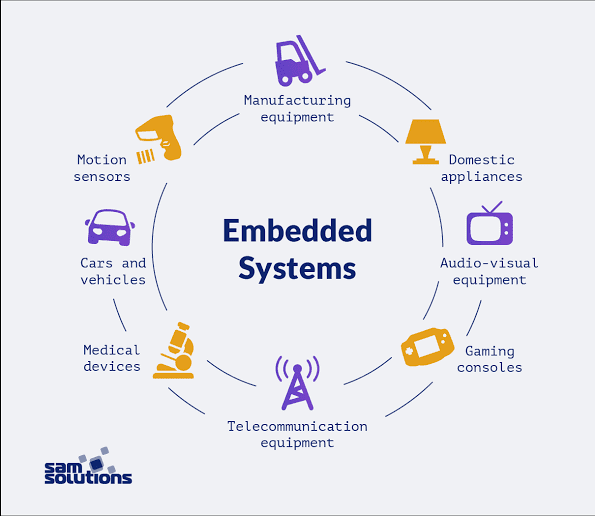Articles and Trivia
Write an articleThe Integral Role of Embedded Systems in Modern Technology

Embedded systems are specialized computing systems that perform dedicated functions within larger mechanical or electrical systems. Unlike general-purpose computers, embedded systems are optimized for specific tasks, offering reliability, efficiency, and real-time performance. They are integral to various applications across industries such as automotive, consumer electronics, healthcare, and telecommunications.
At the core of an embedded system is a microcontroller or microprocessor, which manages the system's functions and interacts with other components. These systems often include sensors, actuators, and communication interfaces to monitor and control physical processes. The software running on embedded systems, known as firmware, is usually tailored to the specific hardware and application, ensuring optimal performance.
One of the defining characteristics of embedded systems is their real-time operation, which requires precise timing and predictability. This is crucial in applications like automotive safety systems, where delays could lead to catastrophic consequences. Power efficiency is another critical aspect, especially for battery-operated devices such as wearable technology and remote sensors.
Embedded systems have evolved significantly over the years, benefiting from advances in semiconductor technology, which have led to more powerful and energy-efficient processors. The proliferation of the Internet of Things (IoT) has further expanded the role of embedded systems, enabling a vast array of connected devices that communicate and operate autonomously.
In summary, embedded systems are the backbone of modern electronics, providing dedicated solutions that enhance functionality, efficiency, and reliability in countless applications. Their continuous development and integration with emerging technologies promise even greater innovations in the future.


